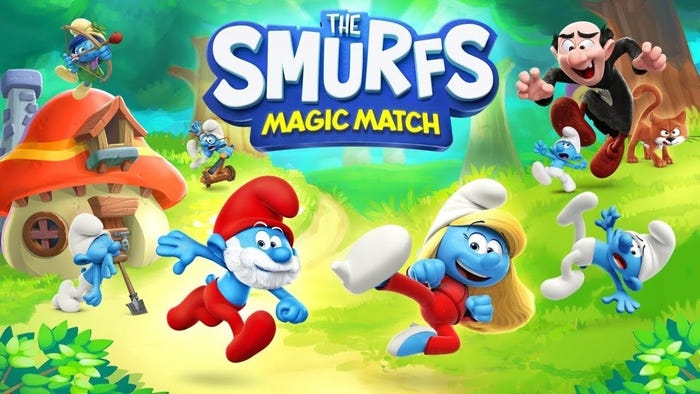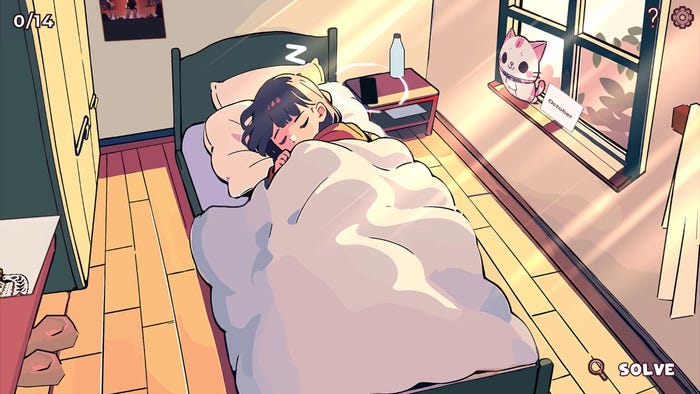Video Game Industry and Its Growth: How Localization Affects Sales
Find out about the importance of localization when it comes to increasing sales in the game industry!

There is a major aspect closely related to maximizing sales abroad: creating international versions of a game. Localization contributes to game growth, sales will increase dramatically if localization follows the right lines.
It’s true that many gamers consider localized versions to be dull and prefer to play the game in their original version. You know why? Because of poor quality, poor localization, thus poor gaming experience.
Internationalization and localization: the difference
There are two concepts closely related: internationalization and localization.
The first is when a product is created with something in mind: adaptation for release in other countries without the need to change the design of the product. However, the UI, game content, control scheme and other areas of the game are thought and designed to accommodate international versions of the game.
On the other hand, localization -the aspect we’re focusing on here- is the actual process of translating the language assets in a game into other languages. It only involves altering the language assets, taking into account the culture the game is addressing, and no other aspects. For example, text is translated but UI, content and characters remain unchanged.
Game play experience is crucial!
If you localize your game into different languages but the gamers experience is not good, localization will be a failure. If, let’s say, a German user finds a game with typos, incorrect translation, texts partially translated, he or she will definitely prefer the original version or will simply opt not to play the game in question -which is even worse.
Quality will make the difference to whether the gamer will be pulled out of the game experience or kept enthusiastically engaged in it!
Getting immersed in the game
For localization to be of the highest quality, the localizer needs to take local customs and differences of each country into account; this further guarantees that sales will be profitable. All gamers prefer to play a game in their native language, that’s the best way to get immersed in it.
To get high quality and have the gamers fascinated developers also need to take into account two crucial aspects when it comes to localization:
1) Get the localization work done by professionals in the field of translation, with expertise in game localization: only a professional localizer can work on culturally appropriate versions. You don’t just need to translate but adapt your game to the culture it’s aimed for.
2) Have the work thoroughly checked by a reviewer: this second professional will do more than proofreading the text for typos, grammar and punctuation errors; this dedicated professional will address questions of style, tone, format, etc. as well as suggest alternative translations.
After translation is complete, it’s a key point to provide the translator and reviewer with screenshots or a code to access the game so they can experience it through the localized version before release. They’ll get the feel a real player will get!
It’s always better to fix length, style, etc. before releasing the game than after.
The biggest markets make a difference!
International game markets grow and developers become more and more interested in capitalizing on sales in other territories. “It makes more sense for the publishers to concentrate on creating localized versions that target the largest European markets. The biggest European markets are the United Kingdom, France and Germany” (Chandler, 45). With the growth of the game industry, more and more countries have become important targets, such as Spain and Italy, among many others.
You can also see the compiled statistics from all iPhone and Android localization projects carried out in ICL in 2010 to see which languages are most popular. The chart refers to mobile apps in general, not only those under the category of games.
In a nutshell
Think globally, get expert localizations and watch your sales increase!
References:
* Heather Maxwell Chandler, The Game Localization Handbook, Game Development Series, 2005
Read more about:
BlogsAbout the Author(s)
You May Also Like









